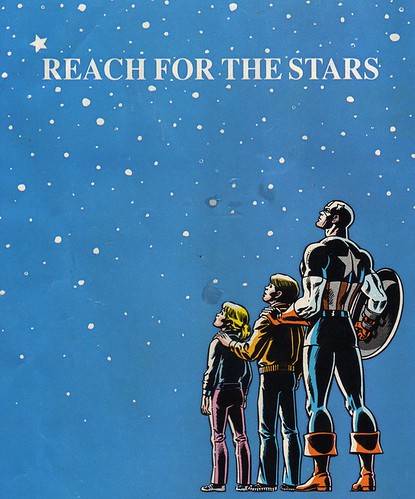
Other readers may already be familiar with the case of the 'Craigslist Killer' as it has made the rounds in national news given all the lurid details which American society, simultaneously repressed and overexposed (i.e. bored), loves. As a quick aside, I just want to say that the title 'Craigslist Killer' should really have been saved for someone who kills more than one person (I think the Hotel Hooker Homicide should have be used if only for the crassness and clever alliteration), though perhaps it will become more apropos as this jerk-off has promised that there is, "More coming out." Maybe Markoff is putting the serial in serial murder and truly making this case more like a contemporary pulp novel than anything else.
Either way, this post is really a follow up to my previous one on the death-cult, isolated individualism born of the Reagan/Thatcher era. This Markoff kid being another prime example of it. On the outset we have a sloppy preppy Med student from Boston University (more on this later) who lived in a Quincy high rise and was soon to be married, just another unassuming yuppie-in-training piece of shit. He was going through all the rituals for entry into bourgeois society: Doctor job (√), T-accessible, utilitarian pad close to the city (√) and a love-less marriage (almost). But then the dark stuff comes out, he's seeing prostitutes in hotels (who he met through the internet!) and instead of just fucking them like a normal person he's robbing them and even kills one. It is also rumored that he was stealing because of a gambling addiction, which is quite possibly the lamest addiction there is (what? nobody does coke anymore?) Of course, it is understandable why all the accouterments of bourgeois living didn't do it for him, but instead of dropping out or at least living a double life he turns to a fatalistic spree of prostitute robbery and murder. Why? Because There Is No Alternative! Once more, the lyrics from Billy Childish's Thatcher's Children ring true in our ears:
Thatcher’s Children/ The headlines will grab ya/ Don’t go outta your homes/ Or your children might stab ya
And now for the unsubstantiated blanket statements section of the post. As is readily obvious, colleges attract certain personalities given their strengths in certain subjects as well as the power which lies behind their name. From what I have seen, Boston University is a mediocrity factory which attracts only the most mundane and vapid of students. The University has ruined an entire section of the city (half of Commonwealth Avenue) with it's horrid, faceless buildings and dormitories. Those students who don't live in the dorms litter the destroyed neighborhood of Allston like all the other refuse found there. If one wants a snapshot of Generic College Student, BU will offer you an extensive array to choose from. Now while the argument can be made that the colleges of the empire (note to the LaRouchites: universities in a third-world backwater like Florida don't count) attract those only motivated by money and power, BU simply doesn't hold the prestige of those institutions and thus we can assume that those who make up the hordes of body snatchers who clog up Comm Ave are really honestly excited about a banal existence in middle management somewhere. As such, and the Markoff case just proves it, with notable exception, I can truthfully say all Boston University students are sociopaths.







